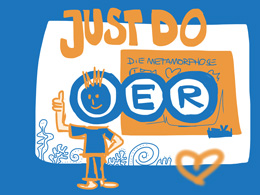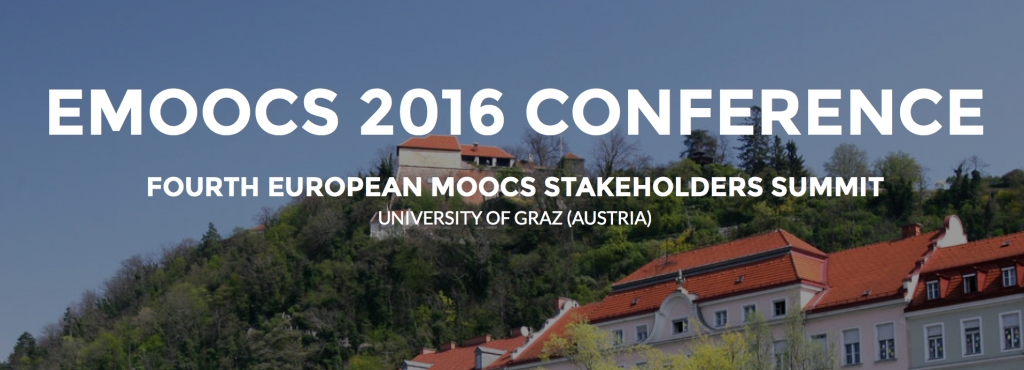Damit es keine Missverständnisse gibt: Wer beim Kurs „Making mit Kindern“ mitmachen möchte, kann das gerne (und kostenlos) – am 19.10.2015 geht es los und bei imoox.at kann man sich dazu bereits anmelden.
Für alle anderen, die bereits Making-Erfahrung haben, bitte hier entlang:
Hier seht Ihr, wie eine Unterstützung aussehen könnte:
https://docs.google.com/document/d/11mw65YEb5HgZXtfMm9qGXAx2QfoCMEy_ISUUGcDD2bg/edit#
Wenn Ihr unterstützen möchtet, füllt uns bitte UNBEDINGT den folgenden Fragebogen aus (bzw. schickt mir Eure Daten und Ideen per E-Mail).
https://docs.google.com/forms/d/1Kp—W8epn72drvEyQVuqUAGefAJMxGO53LwdaMj-ps/viewform
Bei allen weiteren Fragen: Gerne! – E-Mail







